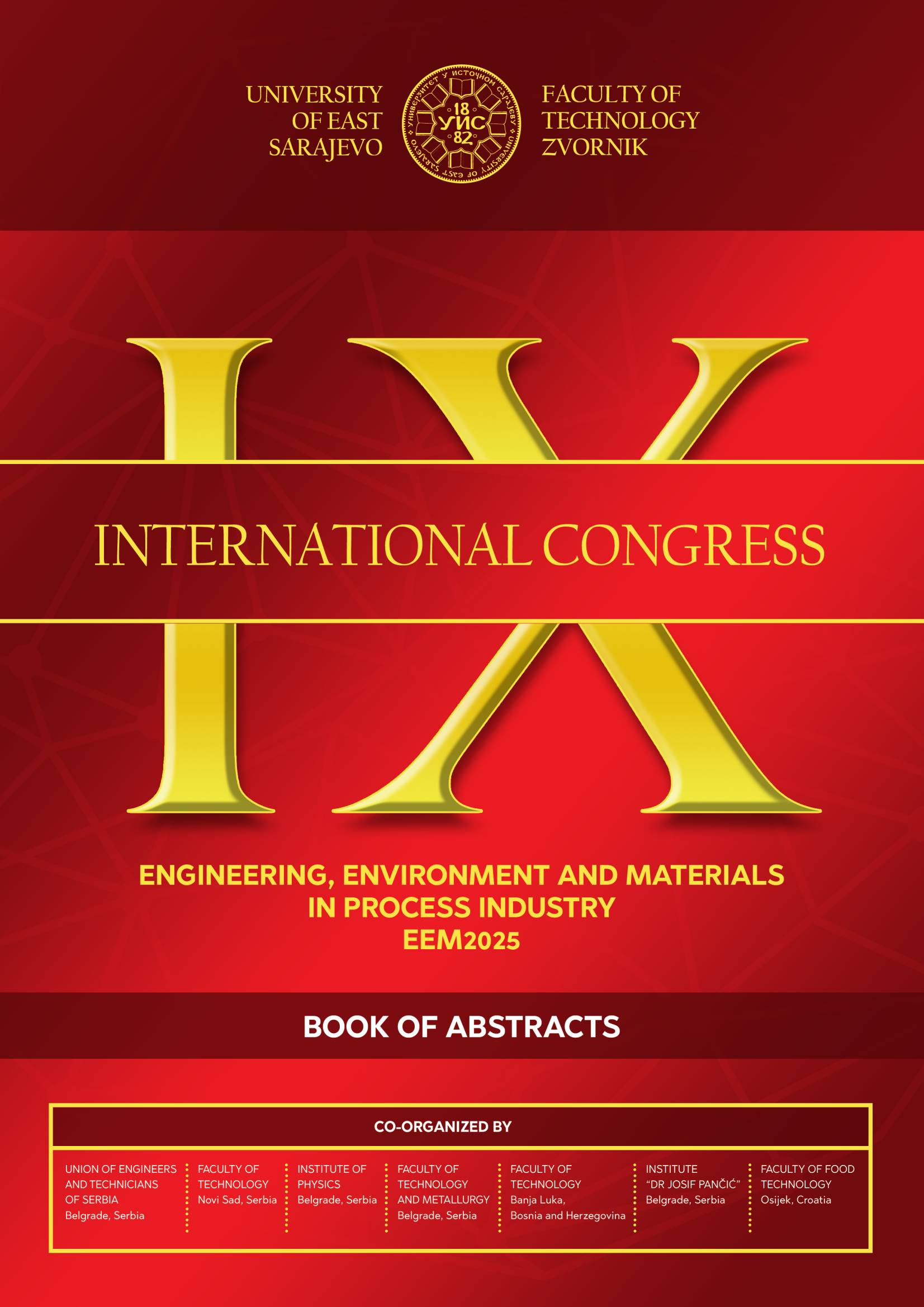
This is an open access article distributed under the Creative Commons Attribution License which permits unrestricted use, distribution, and reproduction in any medium, provided the original work is properly cited.
International Balkan University, Faculty of Engineering, Makedonsko Kosovska Brigada , Skopje , North Macedonia
Cancer is a serious risk to human life. Some predictions show a considerable increase in new cases and deaths by 2050. Chemotherapy and other conventional treatments encounter issues with a lack of specificity, leading to severe side effects on healthy tissues and drug resistance. Nanotechnology with targeted drug delivery shows improved diagnostics and personalized treatments. Biocompatible and biodegradable self-assembling amphiphilic polymeric micelles are attractive vehicles for targeted drug delivery in cancer treatment, increasing the bioavailability and solubility of anticancer drugs in water. However, the transition to market applications meets some difficulties, mainly focused on patient's predisposition to develop drug allergies. Intensive studies are a paradigm for resolving all challenges and facilitating the translation of innovative nanotechnologies into everyday clinical practice. This review paper highlights the importance of applying organic polymeric nanocarriers in cancer nanomedicine.
The statements, opinions and data contained in the journal are solely those of the individual authors and contributors and not of the publisher and the editor(s). We stay neutral with regard to jurisdictional claims in published maps and institutional affiliations.